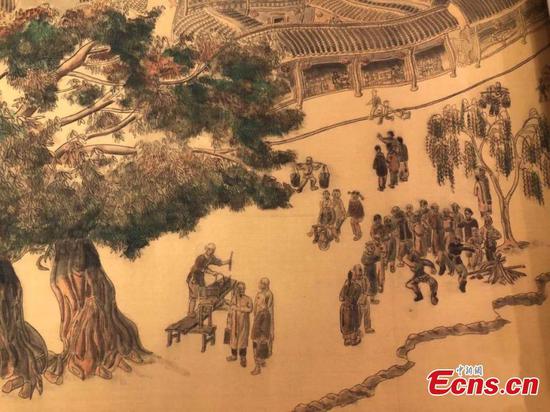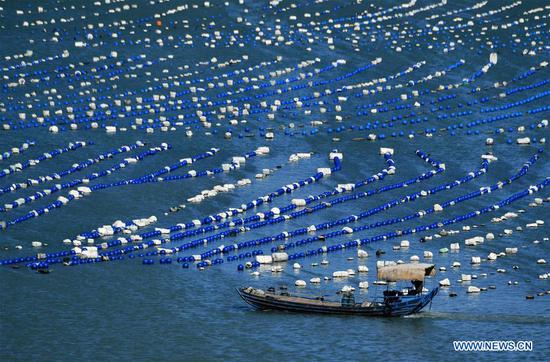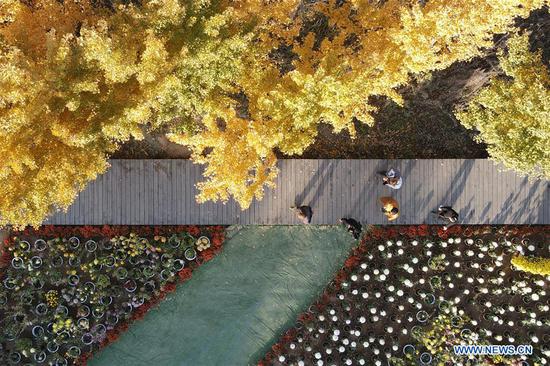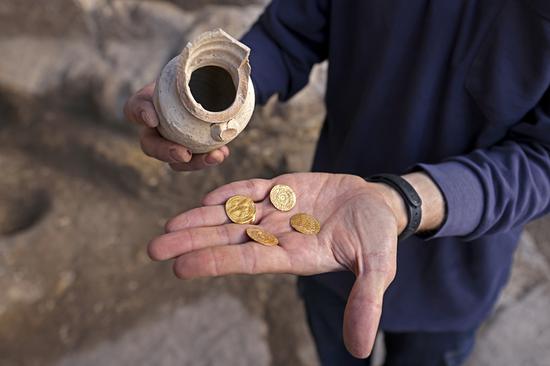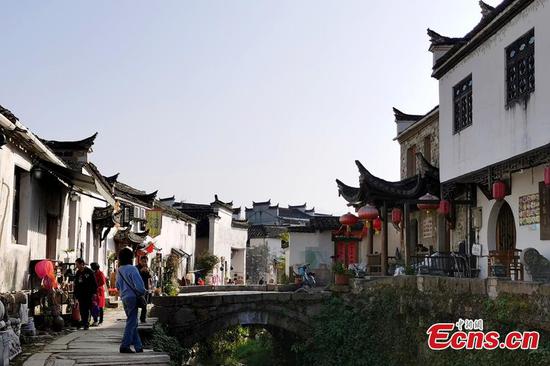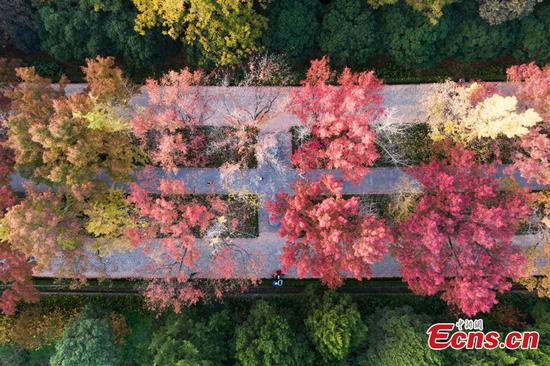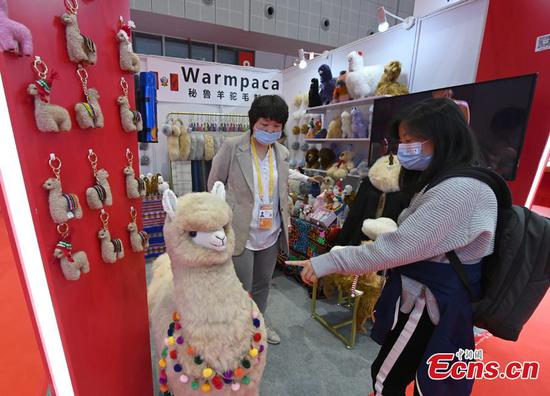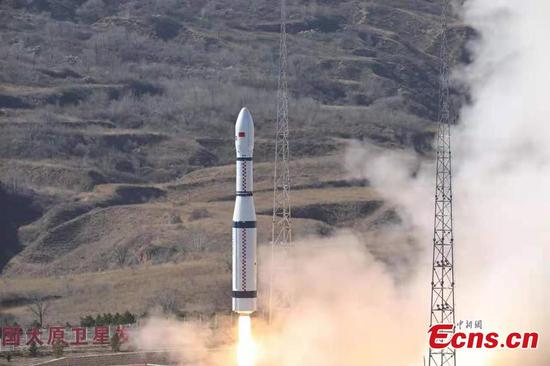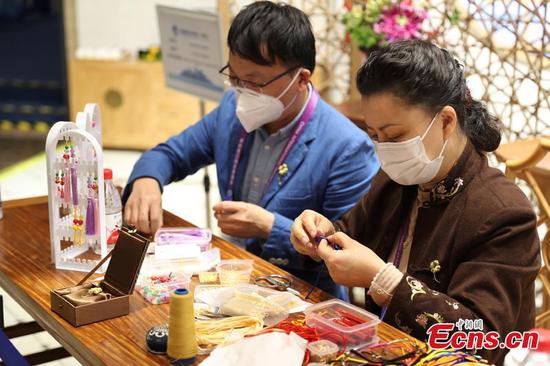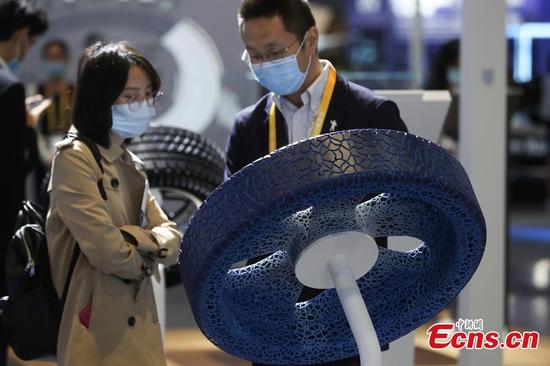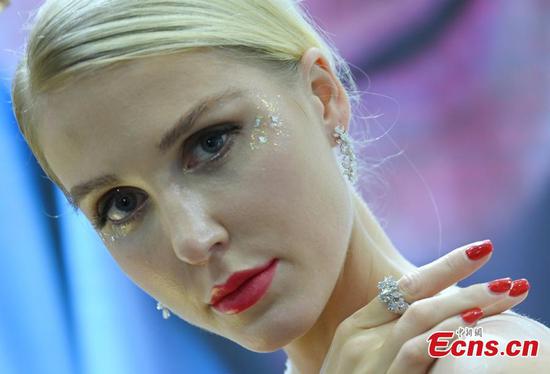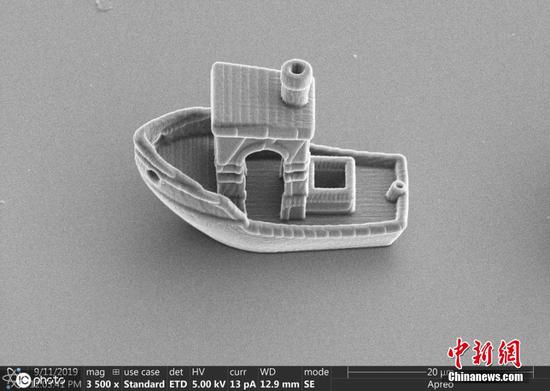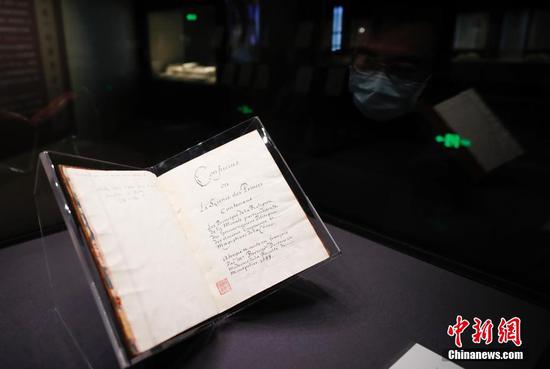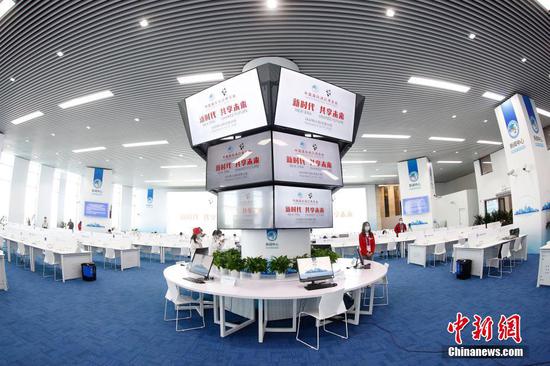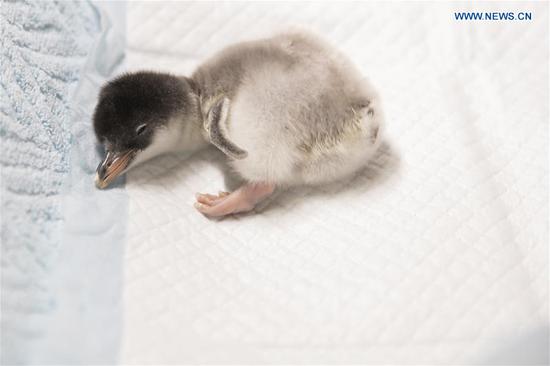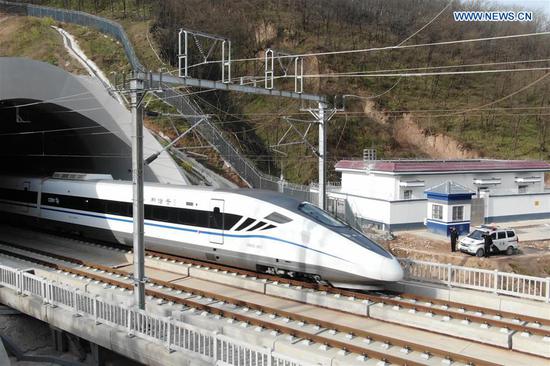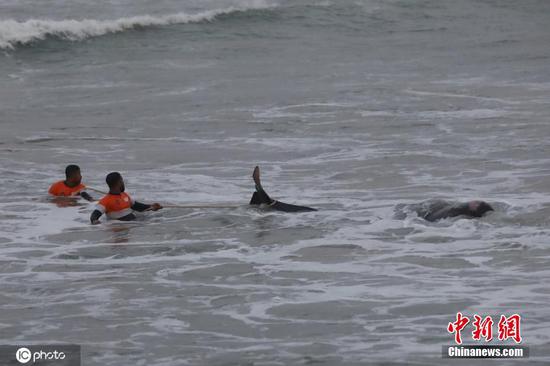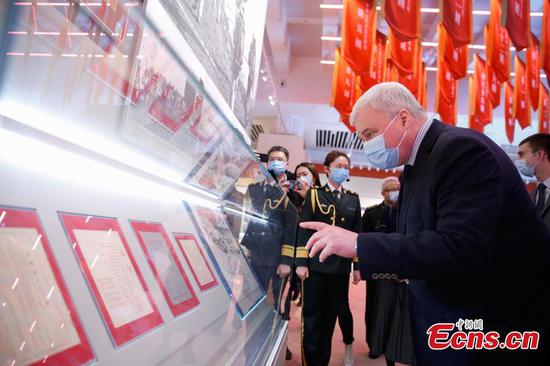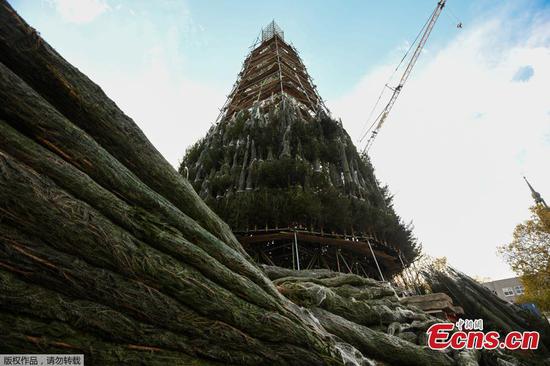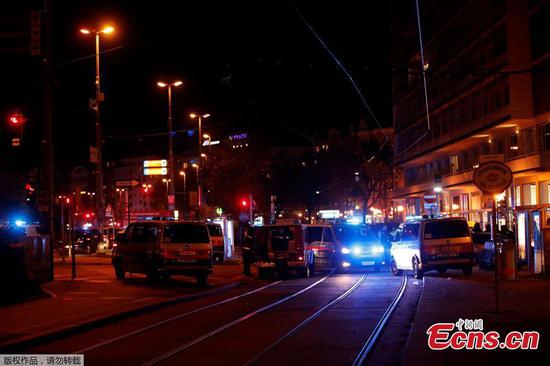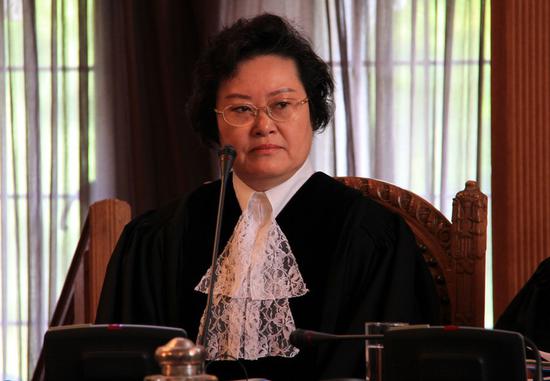
Xue Hanqin was sworn in as a judge of the International Court of Justice (ICJ) in The Hague, the Netherlands, Sept. 13, 2010. (Xinhua/Pan Zhi)
The elections of five judges of the International Court of Justice (ICJ) were held simultaneously at the United Nations General Assembly and the Security Council on Wednesday and Thursday. Chinese candidate Xue Hanqin, currently serving as the vice president of the ICJ, was re-elected with high votes.
Xue was first elected to the ICJ in June 2010 and was re-elected in November 2011. She has been vice president of the court since February 2018, the first female of Chinese nationality to serve on the bench and the first female vice president of the court.
Prior to her career in the ICJ, Xue was a member and chair of the United Nations International Law Commission. She used to be director-general of the Department of Treaty and Law of the Ministry of Foreign Affairs of China, legal counsel of the Ministry of Foreign Affairs of China, Chinese ambassador to the Netherlands, and Chinese ambassador to ASEAN.
Of the eight candidates contesting the five seats, four are current members of the court: Hanqin Xue (China), the incumbent vice-president; Peter Tomka (Slovakia); Julia Sebutinde (Uganda); and Yuji Iwasawa (Japan). The four other candidates are Taoheed Olufemi Elias (Nigeria), Georg Nolte (Germany), Maja Sersic (Croatia) and Emmanuel Ugirashebuja (Rwanda).
The newly elected judges will serve for a term of nine years, beginning on Feb. 6, 2021.
The ICJ, which is based in The Hague, the Netherlands, and formally began its operations in 1946, is the principal judicial organ of the United Nations. The court's role is to settle legal disputes submitted to it by states and to give advisory opinions on legal questions referred to it by UN bodies such as the General Assembly and the Security Council.
The court is composed of 15 judges of different nationalities, all of whom are "persons of high moral character, who possess the qualifications required in their respective countries for appointment to the highest judicial offices or are jurisconsults of recognized competence in international law."
Five judges of the court are elected every three years and may be re-elected, with the requirement of obtaining an absolute majority of votes in the General Assembly and the Security Council for their election.
Under the Statute of the ICJ, a candidate obtaining an absolute majority of votes in both organs is considered elected. In the Security Council, eight votes constitute an absolute majority, with no distinction between permanent and non-permanent members.
By contrast, all 193 member states in the General Assembly are electors and accordingly, for the purpose of Thursday's election, 97 votes constituted an absolute majority.











